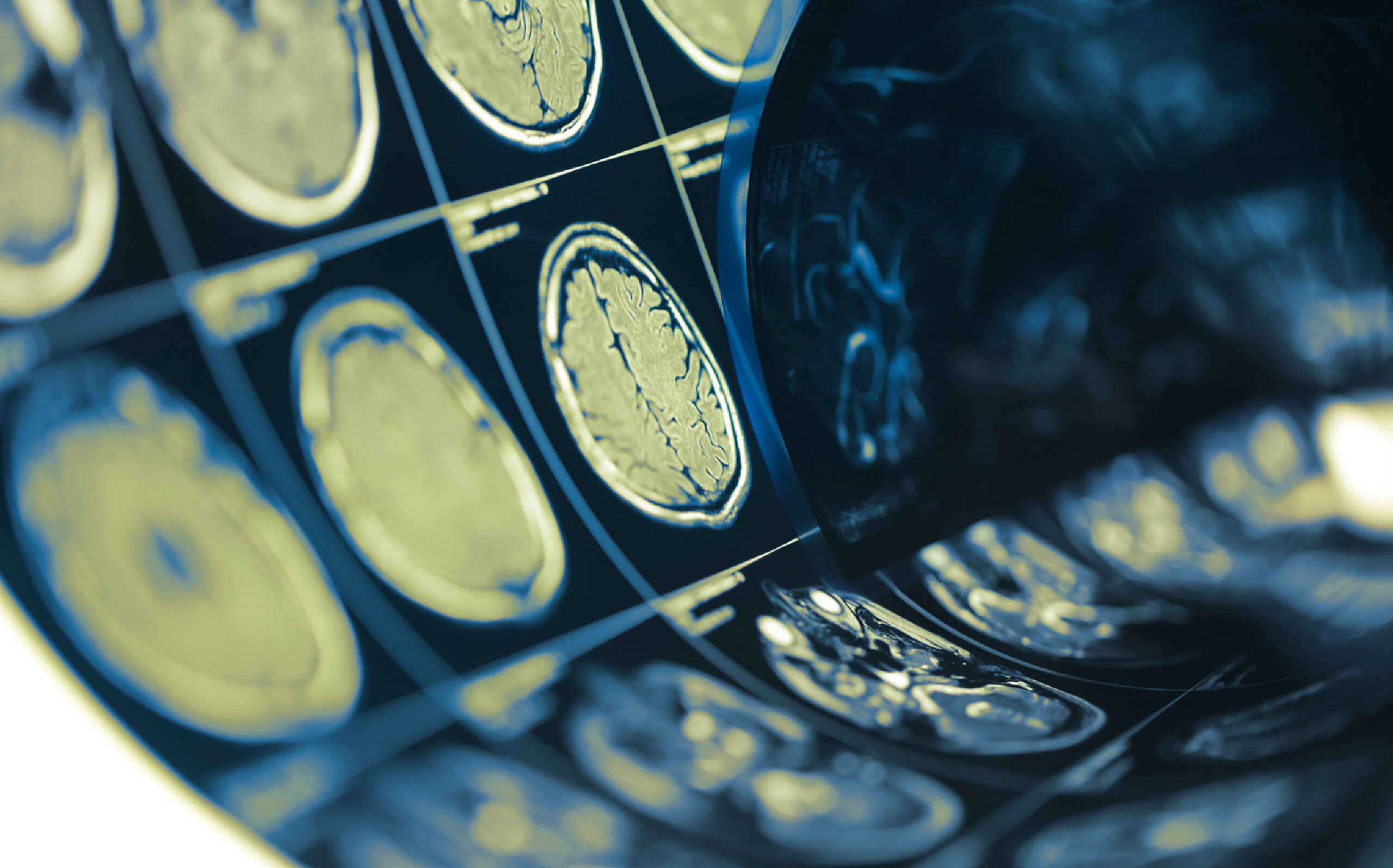So you feel that you or a loved one may be ready for treatment. The next step would be to choose the right treatment facility. If you have done an internet search or had a friend or family member who has been in treatment, you may be overwhelmed by the sheer number of facilities offering a wide variety of services. It can be confusing to do this all on your own.
Below are some tips for mindfully choosing the right treatment facility for you or your loved one.
1. Location
Every person has a different point of view when considering a rehab facility. One may think that a rehab center should be located close to where an individual resides while others may think it’s best to be far from home as a facility close to home may appear to be more convenient and accessible. However, considering a location out of your hometown or even your home state is often a healthy way to separate from the distractions of a home environment.
2. Inpatient vs. Outpatient
Patients in inpatient recovery programs, also known as residential treatment, admit themselves into a controlled secure environment to overcome their addictions. Patients are given 24/7 medical and emotional support in the clinic. Outpatient treatment programs offer clinical programming that allows recovering patients to keep going to work or school during the day.
3. Gender-specific Rehab
Different sexes experience addiction in different ways, so gender-specific recovery programs address the sensitive needs of each gender in the treatment center and offer a relaxed environment for recovery. Hence, patients looking out for addiction recovery may wish to consider a program that explicitly treats individuals on the basis of their sex or sexual inclination.
4. Length of stay
Treatment programs can be either short-term or long-term. The most widely recognized length for a recovery program is 28 days. But at times, 28 days time is not sufficient to turn around the physical and mental harm that a fight with substance addiction can cause. Be sure the length of stay can be adjusted as needed.
5. Treatment for co-occurring disorders
There are a number of people who struggle with co-occurring mental health like depression along with alcohol or drug addiction. So as to give the correct treatment, an assessment of dual diagnosis is required. For those who struggle with a dual diagnosis, the most promising treatments include addiction treatment and medication for co-occurring mental health disorders at the same time. In the event that a rehab center doesn’t offer treatment for mental health, make certain to ask how these services are facilitated with different providers in the network.
6. Types of clients
There are a number of comprehensive programs, yet some will offer groups and treatment explicit to specific populations, such as LGBTQ, gender, or culture-specific services.
7. Accreditation
Just as colleges and academic programs can be accredited to ensure consumers of the quality of education, treatment facilities also can be accredited by The Joint Commission or the Commission on Accreditation of Rehabilitation Facilities (CARF). Both the Joint Commission and CARF are independent nonprofit organizations that base accreditation on industry performance standards and demonstrated outcomes, quality, and worth. It would be useful to make sure of these accreditations before finalizing the rehab center.
8. Clinical Staff Credentials and Licenses
One of the essential things to search for while picking a drug rehab facility is the education level of the staff. Many addiction treatment facilities have under-qualified clinical staff. Hence, a legitimately taught staff is fundamental, so as to help individuals with dual diagnosis issues deal manage their other mental health needs. Clinicians should have credentials such as an MFT (Trainee, Associate, or Licensed), LPCC, or a drug and alcohol certification like a CADAC.
9. Multidisciplinary Treatment Team
Before you choose a treatment facility, look out for the availability of options such as counseling, detoxification, and more holistic Eastern therapies such as reiki, acupuncture, etc. Prospective patients may like combining yoga with conventional approaches, such as group therapy and one-on-one counseling. A multidisciplinary treatment team typically consists of:
- Counselor
- Nurse
- Psychiatrist
- Psychologist
- Nutritionist
- Medical doctor
- Physician
- Spiritual counselor
10. Insurance
Treatment for addiction can be costly, so search for recovery centers that are offered by your insurance. If an insurance company is in-network with the treatment facility, this means the facility meets pre-negotiated standards and requirements of the insurance company.
11. Post-treatment Recovery Support
A sign of a quality recovery treatment program – regardless of the expense – is giving customers a viable aftercare plan. At the time of the client’s discharge from a program, it’s imperative to have an emotionally supportive network. Quality treatment centers offer an assortment of post-treatment alternatives including phone-based counseling, mobile applications to construct and reinforce the recovery, continuing care groups, and support.
Why choose AKUA?
At AKUA, we want to make sure that our clients are completely focused on recovery during their stay. To make certain that finances do not act as a disruption, our first step for admission is a pre-admission assessment. Our admission counselors verify the insurance of anyone seeking treatment over the phone to determine their coverage and benefits. To learn more about our treatment programs, please call our 24/7 Admissions helpline at 833-AKUA-NOW for a confidential assessment.
24/7 ADMISSION HELPLINE 888-629-6707




